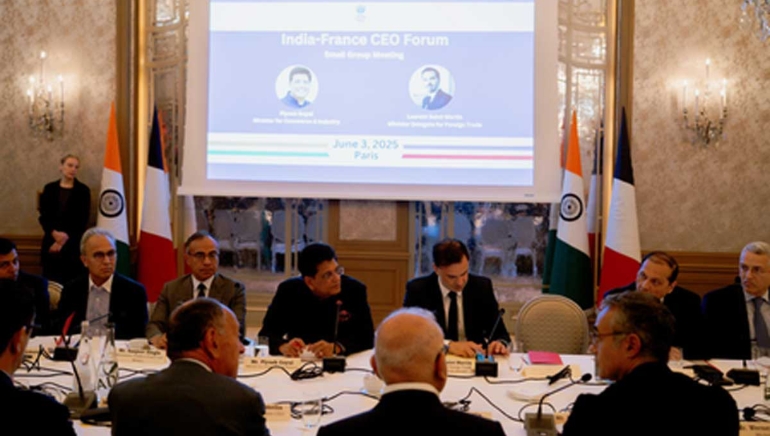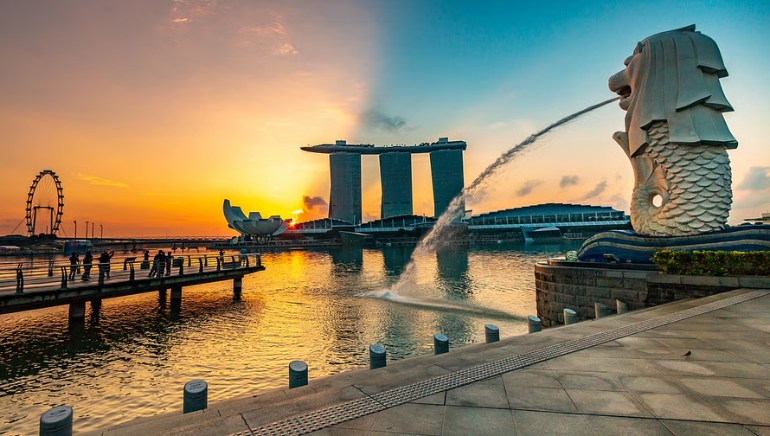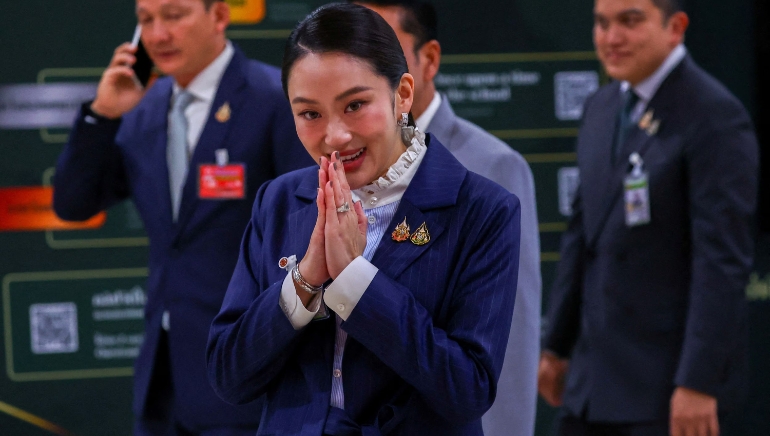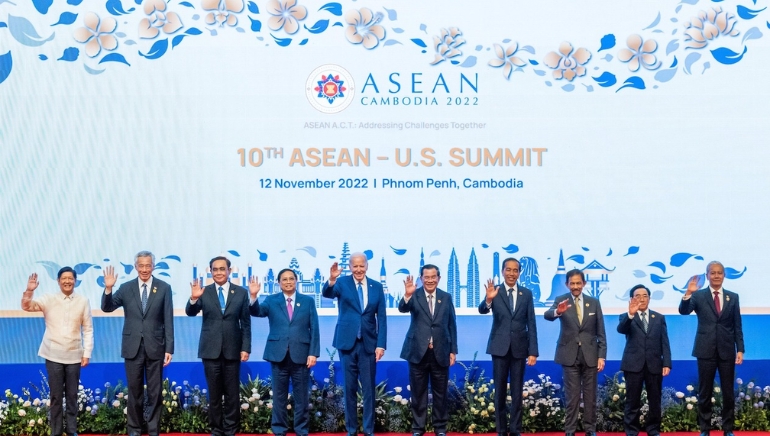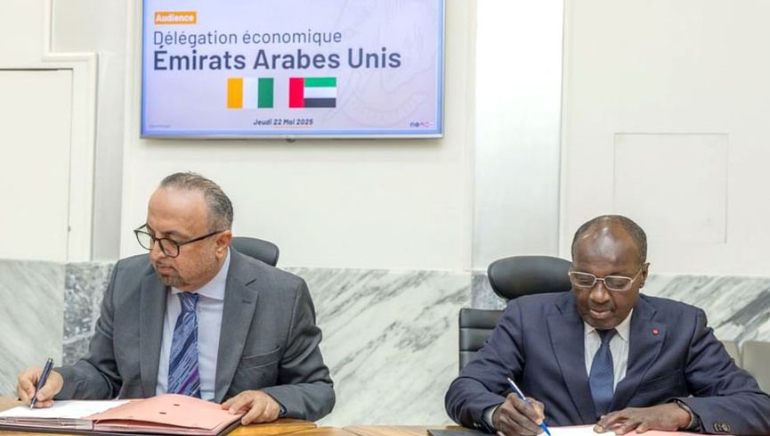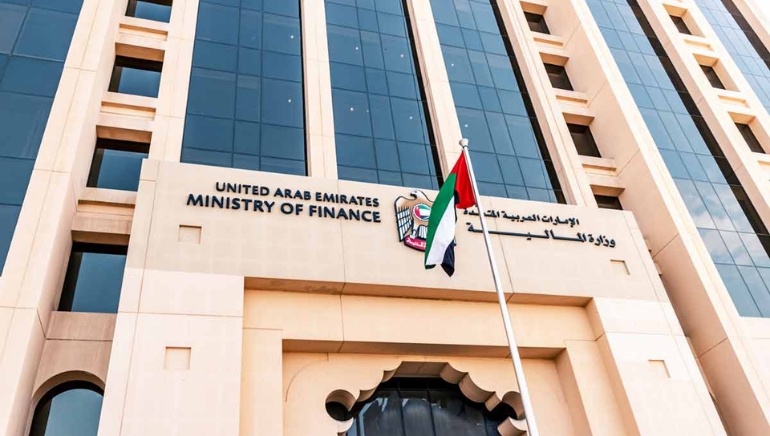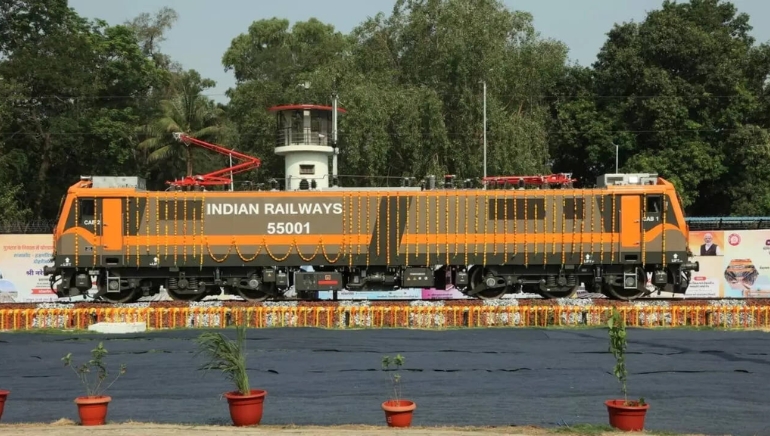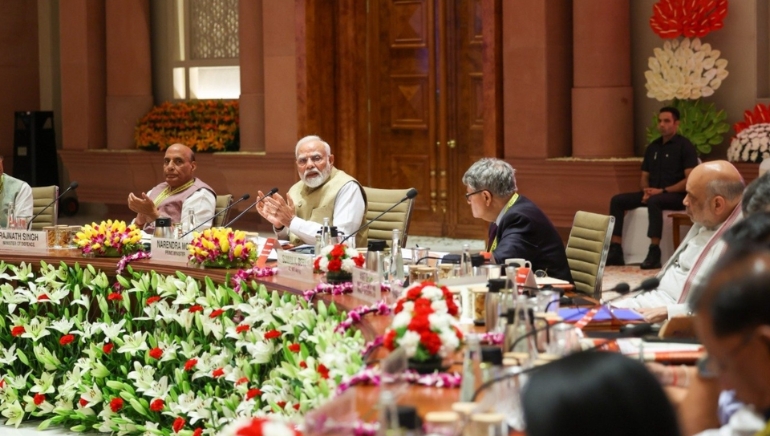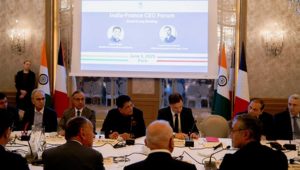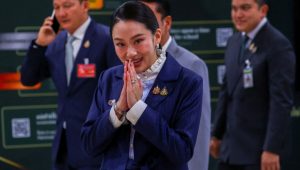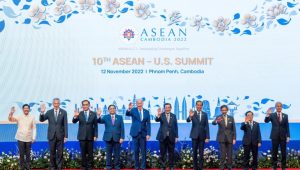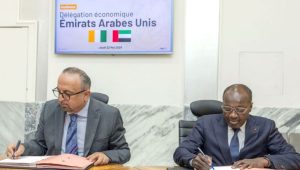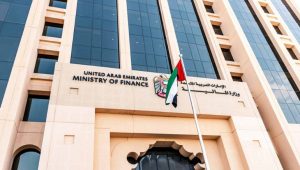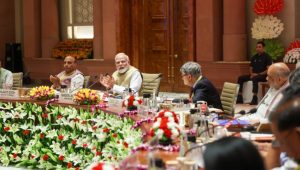Commerce and Industry Minister Piyush Goyal met with Singapore’s Deputy Prime Minister Gan Kim Yong on Tuesday to discuss ways to strengthen economic cooperation between India and Singapore, with a special focus on enhancing India’s shipping sector. The forum highlighted India’s strategic commitment to improving trade and transportation efficiency.
During his three-day visit, Goyal met with various prominent global leaders and business executives. His conversations included meetings with Fatih Birol, Executive Director of the International Energy Agency, Nigerian Trade Minister Jumoke Oduwole, French Economy and Finance Minister Eric Lombard, Valeo Group CEO Christophe Perillat, and Nicolas Hieronimus, CEO of L’Oréal Group. He emphasised India’s tremendous investment potential, particularly in the shipping, manufacturing, and infrastructure sectors.
Goyal stated on social media that his conversation with Gan Kim Yong focused on developing strong trade and investment relationships.
This year’s Union Budget prioritised the development of India’s maritime sector. It announced plans to create the Maritime Development Fund (MDF) to fund ship acquisitions and infrastructure developments with equity or debt securities. The plan seeks to boost India’s share of global cargo volume to 20% by 2047. By 2030, MDF aims to invest up to Rs 1.5 lakh crore in the shipping industry.





